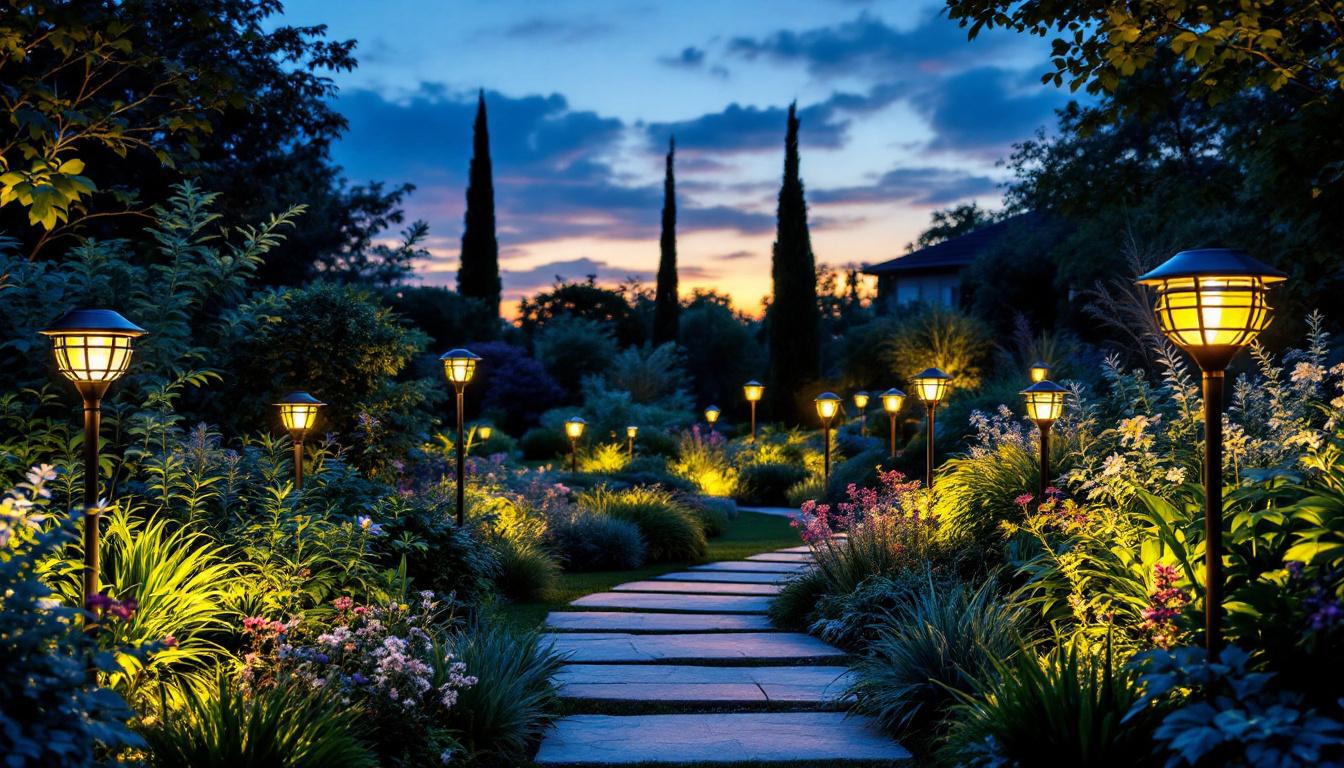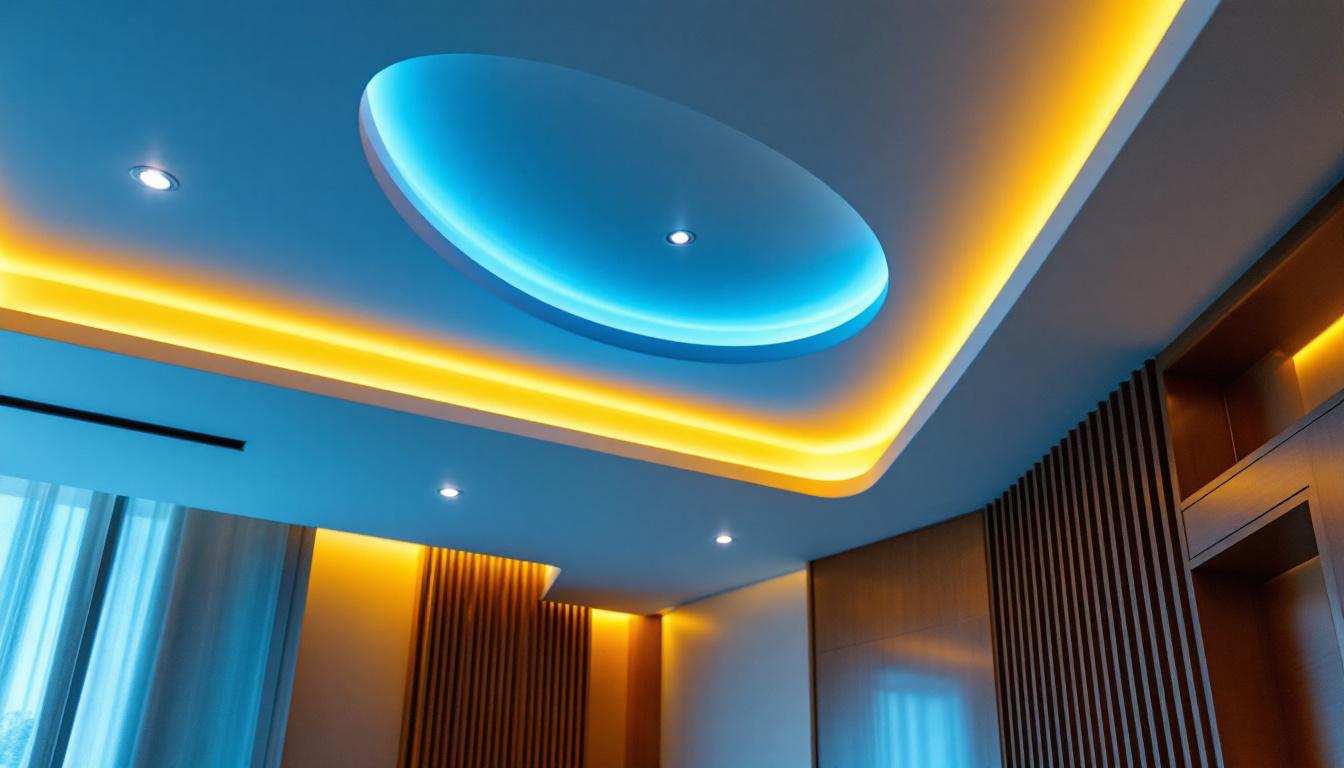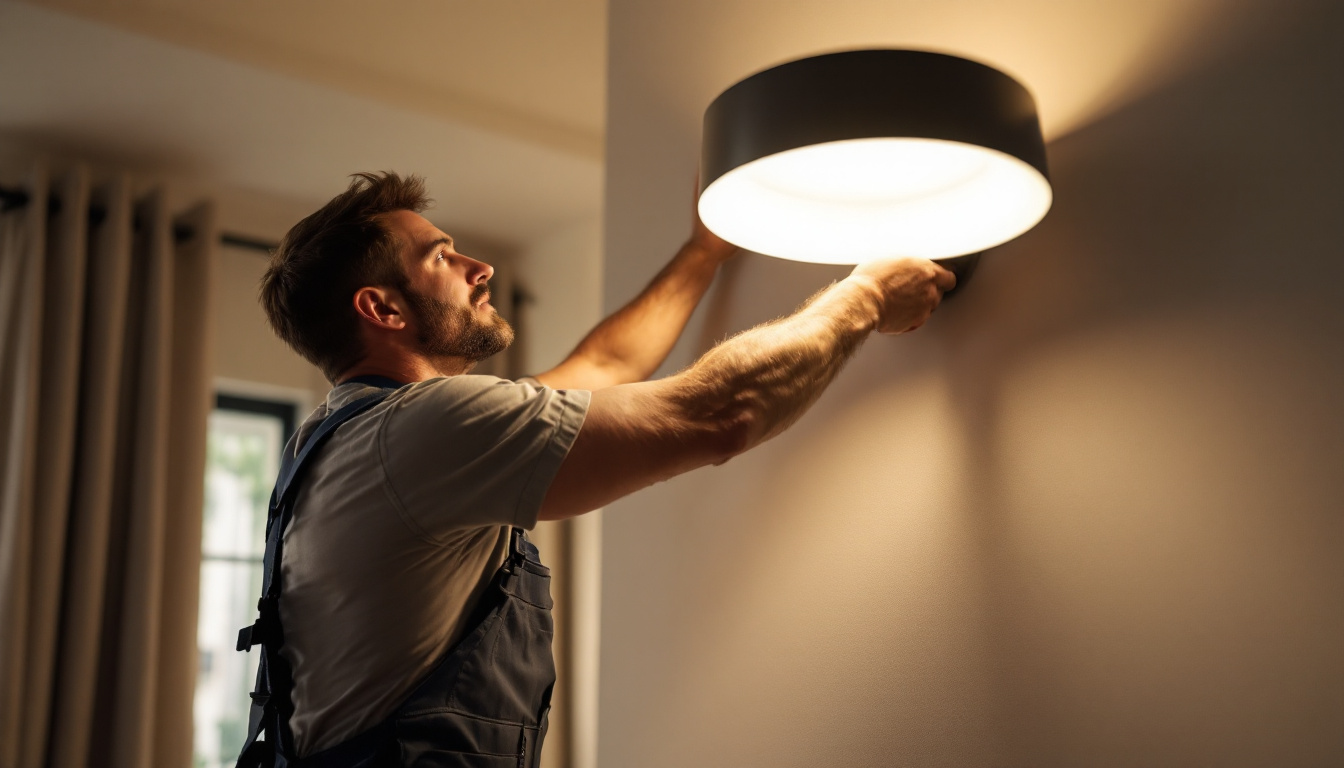
In recent years, decorative solar lights have gained immense popularity among homeowners and gardening enthusiasts. These lights not only enhance the aesthetic appeal of outdoor spaces but also offer a sustainable solution for illumination. For lighting contractors, understanding the benefits and applications of decorative solar lights can lead to improved efficiency and increased client satisfaction.
As the demand for energy-efficient lighting solutions rises, contractors must adapt to the evolving market. This article explores how decorative solar lights can improve efficiency for lighting contractors while providing insights into their installation, benefits, and design considerations.
One of the most compelling advantages of decorative solar lights is their versatility in design. Available in a myriad of styles, from whimsical fairy lights to elegant lanterns, these fixtures can complement any outdoor theme, whether it be a rustic garden, a modern patio, or a classic walkway. The integration of solar lights into landscaping not only provides illumination but also creates an inviting atmosphere for evening gatherings, enhancing the overall experience of outdoor living spaces. Additionally, many decorative solar lights come equipped with features such as motion sensors and adjustable brightness settings, allowing homeowners to customize their lighting to suit various occasions and preferences.
Moreover, the installation process for decorative solar lights is typically straightforward and user-friendly, making them an attractive option for both DIY enthusiasts and professional contractors. Unlike traditional wired lighting systems, solar lights do not require extensive electrical work or trenching, which can save time and reduce labor costs. This ease of installation allows contractors to offer quick turnaround times for clients looking to upgrade their outdoor lighting. Furthermore, with advancements in solar technology, many decorative solar lights are designed to operate efficiently even in low-light conditions, ensuring that outdoor spaces remain illuminated throughout the night, regardless of weather conditions or seasonal changes.
Decorative solar lights come in various styles, shapes, and sizes, making them suitable for different outdoor settings. They harness solar energy during the day and convert it into electricity to power LED bulbs at night. This self-sustaining feature eliminates the need for complex wiring and reduces installation time, making them an attractive option for contractors.
There are several types of decorative solar lights available on the market, each designed for specific applications. Some popular options include:
At the core of decorative solar lights is a solar panel that captures sunlight during the day. This energy is stored in rechargeable batteries, which power the LED lights as dusk falls. Many models come equipped with sensors that automatically turn the lights on at night and off during the day, ensuring optimal energy use.
Additionally, advancements in solar technology have led to improved efficiency and longer-lasting batteries, making modern solar lights more reliable than ever before.
For lighting contractors, incorporating decorative solar lights into their offerings presents numerous advantages. From cost savings to enhanced project appeal, these benefits can significantly impact a contractor’s bottom line.
One of the most compelling reasons to use decorative solar lights is their cost-effectiveness. Since they do not require electrical wiring, the installation process is simplified, reducing labor costs and project timelines. This efficiency allows contractors to take on more projects within the same timeframe, ultimately increasing profitability.
Moreover, solar lights are powered by renewable energy, which means clients can save on electricity bills over time. This aspect can be a strong selling point for contractors looking to attract environmentally conscious customers.
Decorative solar lights typically require minimal maintenance compared to traditional lighting systems. With no wiring to check and fewer components that can fail, contractors can offer clients a hassle-free lighting solution. Regular cleaning of the solar panels and occasional battery replacements are often the only maintenance tasks needed.
This low-maintenance aspect can be particularly appealing to clients who may not have the time or inclination to manage complex lighting systems. By providing a solution that is easy to maintain, contractors can enhance customer satisfaction and build lasting relationships.
In addition to their practical benefits, decorative solar lights add visual appeal to outdoor spaces. With an array of styles available, contractors can offer customized solutions that align with their clients’ tastes and preferences. Whether a client desires a modern look or a more traditional ambiance, there are solar lighting options to suit every design vision.
By presenting clients with aesthetically pleasing lighting solutions, contractors can elevate the overall appeal of their projects, leading to positive referrals and repeat business.
While decorative solar lights offer numerous advantages, proper installation is crucial to ensure optimal performance. Lighting contractors should consider several factors to maximize the effectiveness of these fixtures.
One of the most critical aspects of installing solar lights is selecting the right location. Solar panels need direct sunlight to charge effectively, so placing lights in shaded areas can hinder their performance. Contractors should assess the landscape and identify spots that receive ample sunlight throughout the day.
Additionally, the placement of lights should enhance the overall design of the garden. Pathway lights should be positioned to guide users safely, while decorative fixtures can be strategically placed to highlight specific features, such as sculptures or flower beds.
Given that solar lights are exposed to the elements, choosing weather-resistant models is essential. Contractors should look for lights made from durable materials that can withstand rain, snow, and UV exposure. This consideration ensures that the lights will last longer and perform reliably throughout the seasons.
Furthermore, understanding the local climate can help contractors recommend the most suitable solar lights for their clients. For instance, areas with heavy snowfall may require models designed to handle the weight of accumulated snow.
The landscape of decorative solar lights is continually evolving, with new design trends emerging to meet consumer demands. Lighting contractors should stay informed about these trends to offer the most appealing options to their clients.
As technology advances, smart solar lights are becoming increasingly popular. These lights can be controlled via smartphone apps, allowing users to adjust brightness, set timers, and even change colors. For contractors, offering smart solar options can attract tech-savvy clients looking for innovative solutions.
Additionally, smart lights often come equipped with motion sensors, enhancing security while providing energy savings. By integrating smart technology into their offerings, contractors can position themselves as forward-thinking professionals in the lighting industry.
With a growing emphasis on sustainability, eco-friendly designs are gaining traction in the decorative solar lighting market. Many manufacturers are now producing lights using recycled materials or sustainable manufacturing processes.
Contractors can appeal to environmentally conscious clients by highlighting the eco-friendly aspects of their solar lighting options. This alignment with sustainability can enhance a contractor’s reputation and attract a broader customer base.
While decorative solar lights offer numerous benefits, there are challenges that lighting contractors may encounter during installation and maintenance. Being aware of these challenges and having solutions in place can lead to smoother project execution.
One common challenge with solar lights is inconsistent performance due to varying sunlight exposure. In areas with limited sunlight, solar lights may not charge adequately, leading to dim or non-functional lights. To address this issue, contractors can recommend higher-quality solar lights with larger panels and more efficient batteries.
Additionally, educating clients about the importance of proper placement can help mitigate performance issues. By ensuring that lights are installed in optimal locations, contractors can enhance the reliability of solar lighting systems.
While solar lights can save money in the long run, the initial investment may be a concern for some clients. Contractors should be prepared to discuss the long-term savings associated with solar lighting, such as reduced electricity bills and lower maintenance costs.
Providing clients with a clear breakdown of costs and benefits can help them see the value in choosing solar lights. Offering financing options or package deals can also make the transition to solar lighting more appealing.
Decorative solar lights represent a significant opportunity for lighting contractors to enhance their service offerings while improving efficiency. By understanding the various types of solar lights, their benefits, and installation considerations, contractors can position themselves as experts in sustainable lighting solutions.
As the demand for energy-efficient and aesthetically pleasing outdoor lighting continues to grow, contractors who embrace decorative solar lights will not only meet client expectations but also contribute to a more sustainable future. By staying informed about design trends and addressing potential challenges, lighting contractors can thrive in this evolving market.
Ultimately, decorative solar lights are more than just a trend; they are a practical solution that aligns with modern consumer values. By integrating these lights into their projects, contractors can illuminate outdoor spaces while fostering a commitment to sustainability and efficiency.
Ready to elevate your lighting projects with the efficiency and sustainability of decorative solar lights? At LumenWholesale, we offer an exceptional range of high-quality solar lighting solutions that align perfectly with the needs of modern contractors. Our spec-grade products come at unbeatable wholesale prices, ensuring you get the best value for your investment. Say goodbye to inflated markups and hello to premium lighting with the convenience of free shipping on bulk orders. Don’t compromise on quality or cost—choose LumenWholesale for your next project and experience the ideal combination of quality, affordability, and convenience. Wholesale Lighting at the Best Value is just a click away.

Discover the essential insights into recessed ceiling lighting as we address lighting contractors’ most frequently asked questions.

Discover how large wall light fixtures can streamline projects for lighting contractors.

Discover essential tips and innovative ideas for lighting contractors to effectively illuminate the often-overlooked corners of a room.

Discover the history and impact of the Edison light bulb invention, its role in transforming the lighting industry, and key insights on future innovations—read now!.